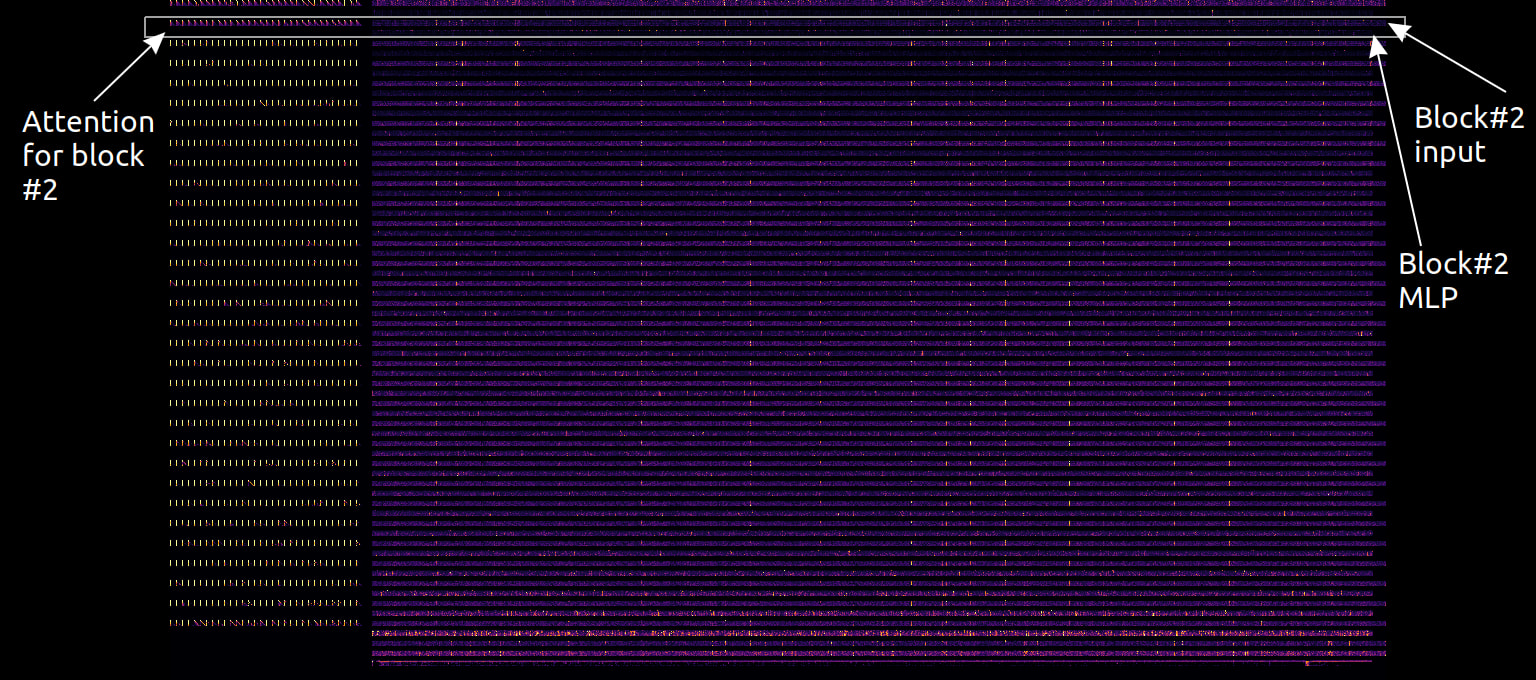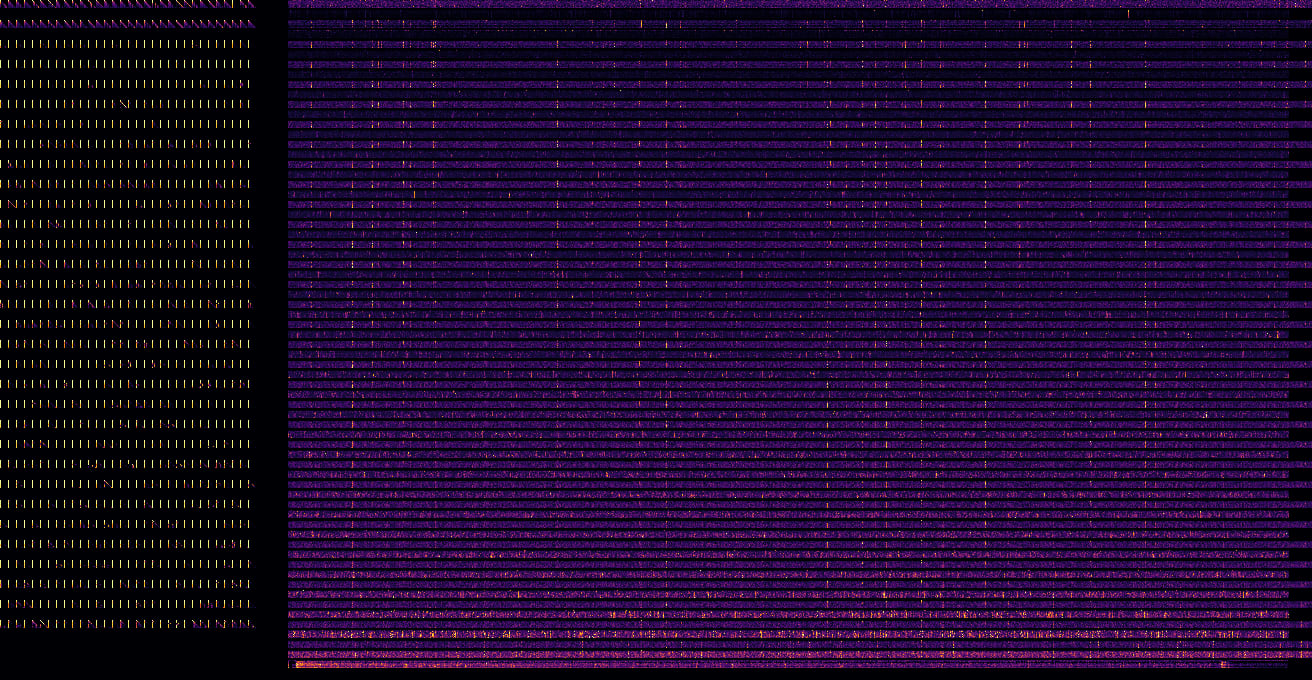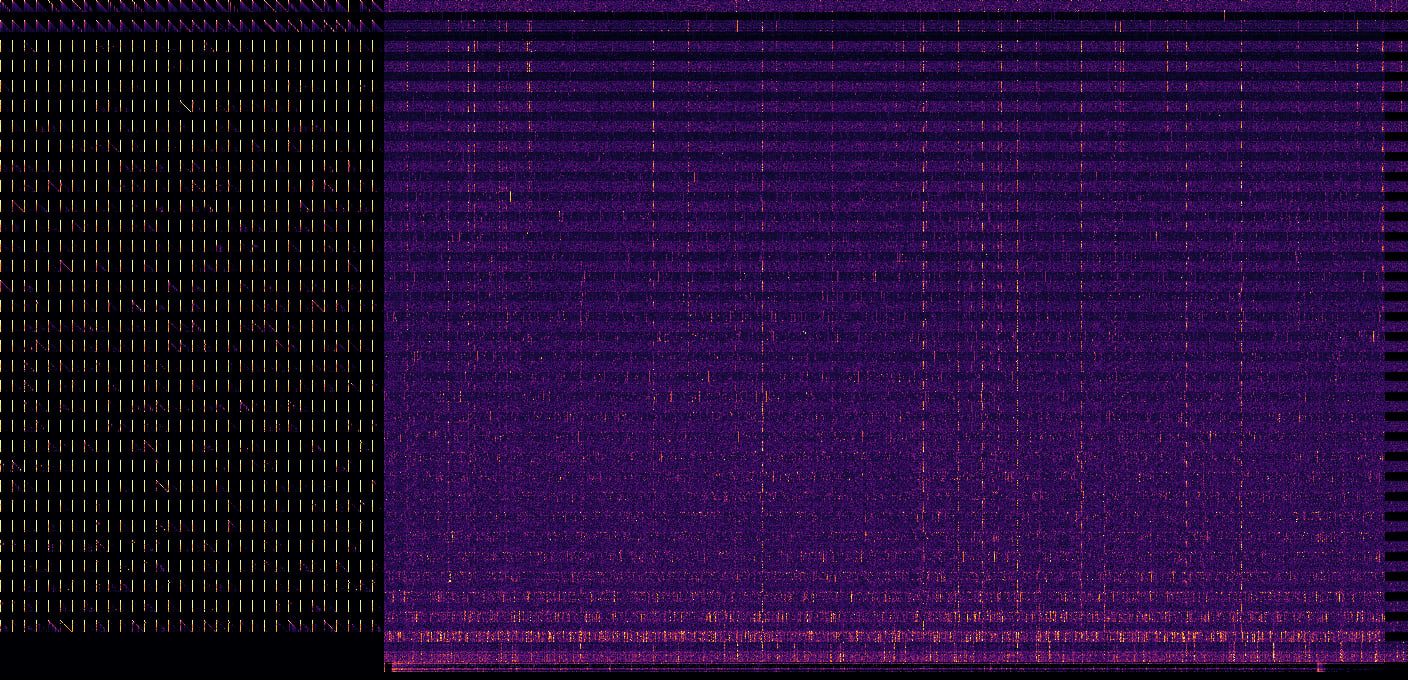GPT-4 for personal productivity: online distraction blocker
There are many apps for blocking distracting websites: freedom.to, leechblock, selfcontrol, coldturkey, just to name a few. They are useful for maintaining focus, avoiding procrastination, and curbing addictive web surfing. They work well for blocking a list of a few distracting websites. For me, this is not enough, because I’m spending a large portion of my time on a large number of websites, which I check out for a minute or two and then never visit again. It’s just impossible to maintain a blocklist for this long tail. Also, the web has grown so much that there are just too many easily found alternatives for any blocked distraction. Well, GPT-4 to the rescue! With an LLM it’s possible to block websites based on the content, checking each page — if it’s distracting or useful/productive. To test the idea I have implemented a prototype of a distraction filtering browser extension. This way, GPT-4 is turning into a personal productivity assistant! The extension sends the content of each loaded page to OpenAI API, and asks GPT if the page should be blocked. The prompt can be edited in the config window; the following prompt is used by default: You are a smart web filter, a distraction blocker with goal of improving user's productivity. Following types of pages are distracting and should be blocked: entertainment, shopping, online stores, social networking, news, magazines, lists of links, blogs without technical/educational content. Following types of pages are useful for work and should not be blocked: software development, technical information, general reference, manuals, answers to technical questions Should a web page with following content be blocked? Answer only YES or NO, followed with a newline and a brief explanation. === {text} Sensitive content, whitelist & blacklist. While the extension is active, it sends a sample of each visited page’s content to OpenAI API. This might be a problem for pages with sensitive content. You can add any domains which



This reminds me of "Fight Club": "After fight club, everything else in your life got the volume turned down. You could deal with anything"
I think the lesson fron this is that it might work, but need to push yourself harder?